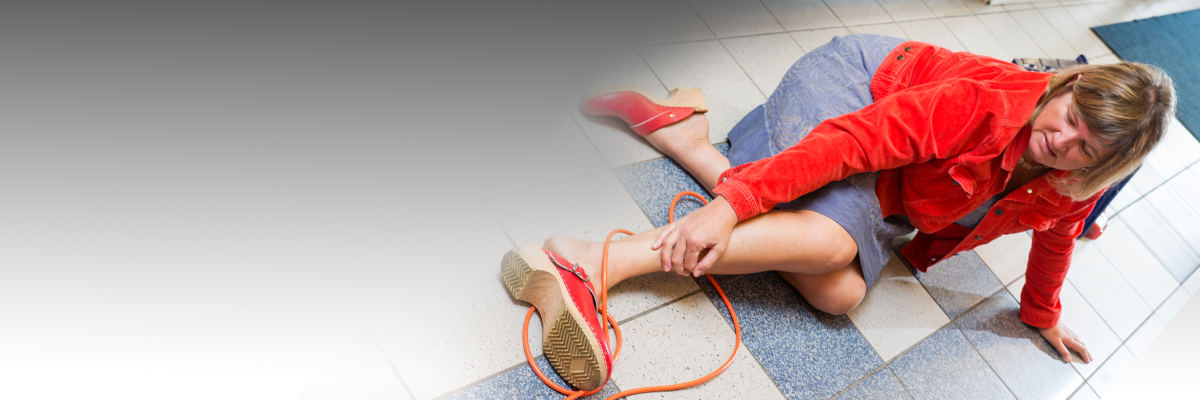Accident Prevention
Approximately a quarter of accident cases handled by the NASUWT on behalf of members, which involve solicitors, are due directly to teachers slipping, tripping or falling at work.Accident prevention in the workplace should be a top priority for the employer and simple steps and checks can help.
- Changes in floor levels should be clearly marked and identifiable.
- Secondary floor covering should be considered for use on smooth surfaces, such as tiles, especially if they are susceptible to becoming slippery.
- Wet surfaces from, for example, recent cleaning, leakage or spillage of liquids, should be reported for immediate action and marked with warning signs.
- Lighting should be adequate to reduce the risk of trips or falls.
- Working areas should be clean and tidy.
- Possible hazards must be recognised, reported and dealt with.
Areas of special concern
Whilst trips, slips and falls may occur anywhere, there are some areas of concern that may need particular attention, where hazards and risks may be most significant.
- Wet areas (e.g. PE changing rooms, showers, swimming pools and entrances).
- •Work room/laboratories/workshops
(i.e. containing liquids, tools and equipment). - Walkways (e.g. if affected by poor drainage or frozen in bad weather).
- Staircases (i.e. in terms of uneven tread and insecure handrails).
- Corridors and thoroughfares (where obstructions may exist).
- Stages (i.e. containing furniture, props, etc.).
Medical opinion or advice should also be sought. Possible future claims can be seriously hindered by not reporting such accidents or seeking medical advice.
When an NASUWT member suffers any injury, they should telephone the NASUWT free Legal Advice Line 0808 100 2221
Advice and support
For additional advice and support, contact your NASUWT Local Association, Regional or National Centre.

